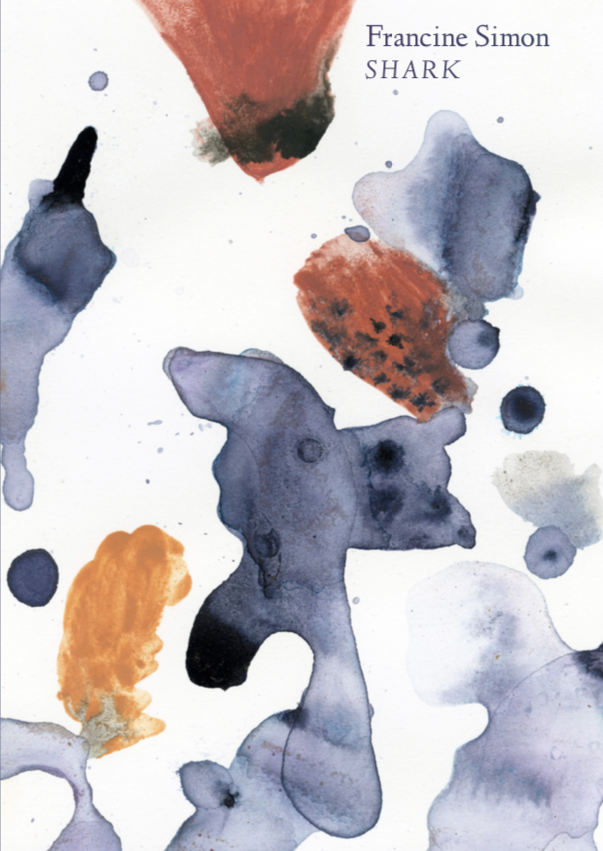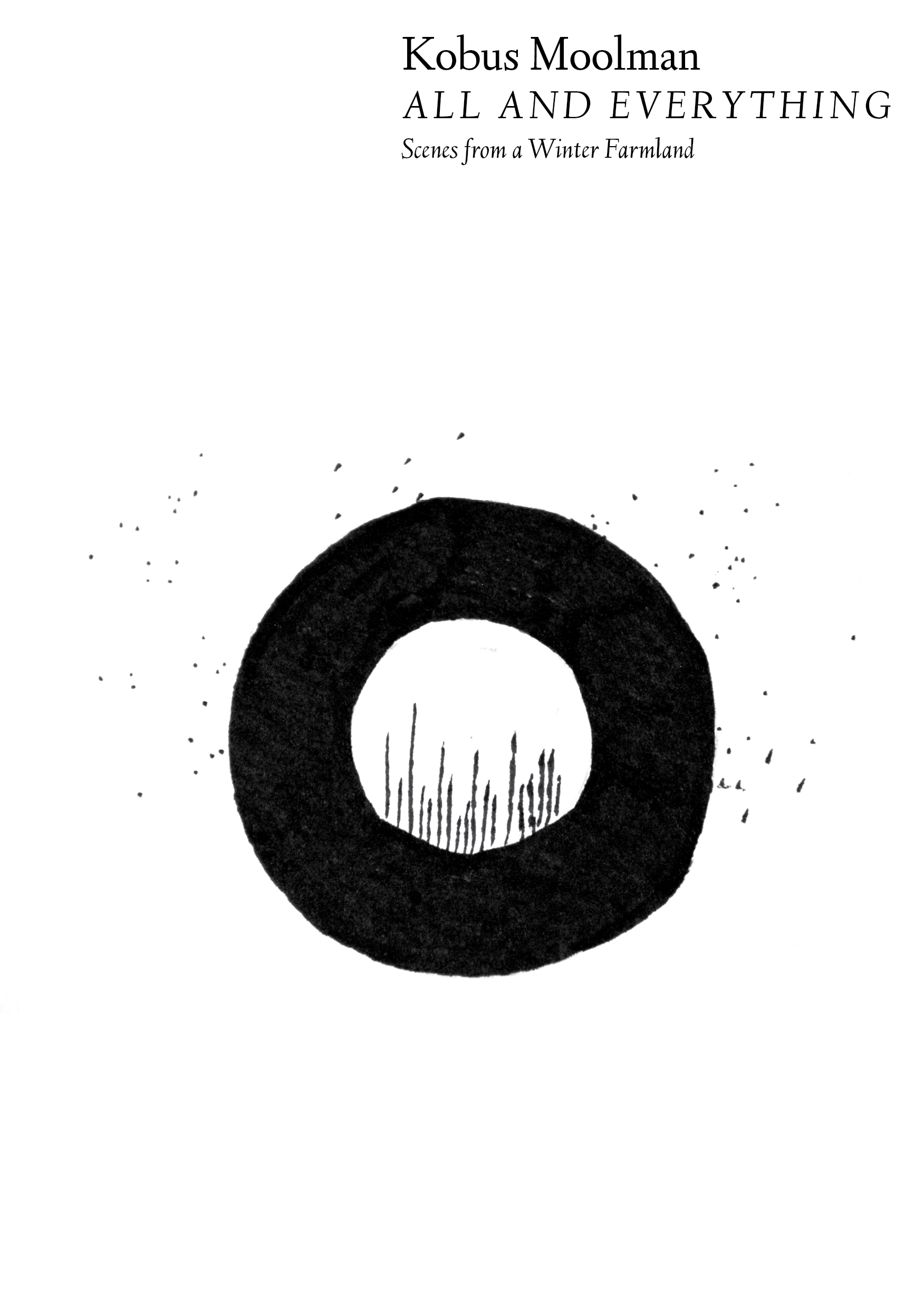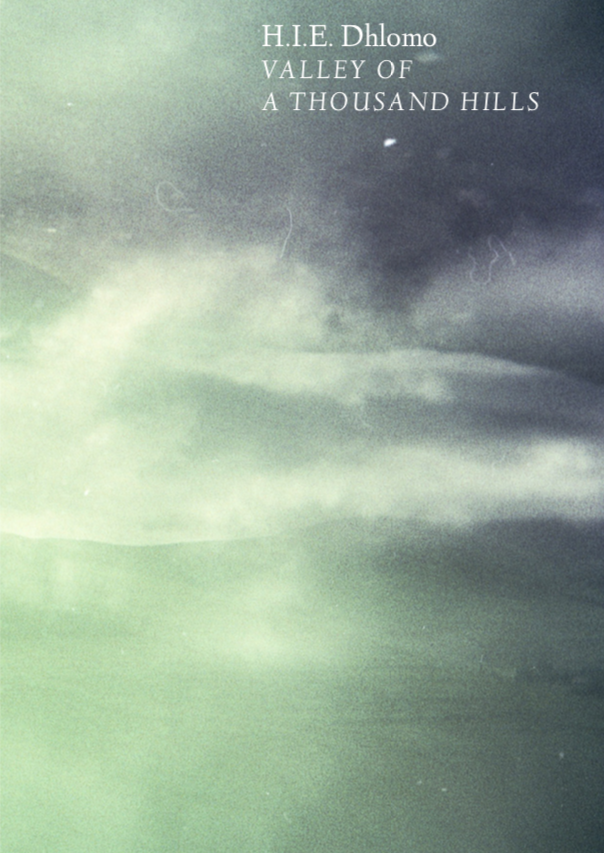More than two years ago, after our first open submissions period, I wrote an open letter to poets and readers based on some insights I had taken from reading the over-100 submissions made to uHlanga in February 2017. Chief of these was the discrepancy between the number of aspiring poets in South Africa and the number of people in South Africa who actually bought and read poetry.
Some people found that letter useful. Therefore I thought I would write a follow-up to that letter, which I'm drafting first loosely here, and then will post on the website in a more considered (and probably better form) at a later date.
So what do I have to share in 2019, after reading another >120 manuscripts?
1. A point on style
Twenty-eight months and one local bestseller later, things have indeed changed somewhat in terms of poets being seen to engage with local poetry. While sales haven't exactly skyrocketed across the board for all poetry books, Koleka Putuma's Collective Amnesia has opened up contemporary South African poetry to a wider readership than in 2017, and I have seen the effects of that reading – in terms of style, content, form and concern – on the poetry we were sent in 2019.
(An aside: helping matters somewhat was our insistence that every submission of a manuscript came with the proof of ownership of at least one uHlanga-published book. This condition was waived in cases in which the poet could not afford or otherwise could not access one of our books, which is a more common occurrence than many people might think, and which more people should be aware of.)
The first predicate to being a poet remains the same: in order to write good poetry, you have to first read good poetry.
I'm not going to say that the other main new influences on young or emerging poets who submitted to us aren't good poets. Rupi Kaur, Nayyirah Waheed, and other writers who are big on social media have done wonders in making poetry accessible and approachable without sacrificing nuance in subject. They also aren't a new phenomenon! Ten years ago, when I was an undergrad student, Iain S. Thomas (of iwrotethisforyou; also, incidentally, a South African) was the big internet poet on the scene. He continues to write today in his airy, oft-imitated style to great effect – indeed, his latest collection was launched in Cape Town just last night (31 July) and I'm sure it's going to sell in its thousands worldwide.
The problem with simple-seeming styles, of course, is just that: they seem simple. They rarely are. The paradox of simplicity is that it invites imitation, yet is almost impossible to imitate. The imitation of simplicity is often simply copying. This is the first piece of advice I will give, with the greatest of respect: foregoing punctuation and putting your titles at the end of the poem is not going to make your unstructured thoughts any better than what they are.
In my opinion, it's better for a writer to suck at something new than to excel at being a copy-cat. It's certainly better for me as a reader.
2. Please write about something
Literature is (at least partially) entertainment. Please don't forget that. A sizeable part of what poets and poetry publishers have to fight against in order to get people reading is the perception that poetry is boring. I can't blame too many people for thinking that, because so much poetry is boring. So much navel-gazing, and not even at particularly interesting navels.
The utility of a boring book – or any boring piece of media, for that matter – must be overwhelmingly beneficial to the reader if they're going to continue reading it. In other words, a book has to do a lot else for you if it's boring. And even then, it might not be enough. I don't know of a book of poetry I like that I had to steel myself or gather the motivation to continue reading, and I think a lot of good would be done in the world if people stopped reading or pretending to read or enjoy books they find boring. I love books. I love poetry. I don't love all books or all poetry.
Now, I know a lot of people are going to disagree with me on this point. "There is virtue in considered and sober reading." "The value of reading cannot be bound to entertainment." And I'd agree at least partially with all of these statements, except for one thing: it is my job to sell books. If the books don't sell, then the books aren't read, and then there's no point to me putting in the effort to making the books, and then there's no point running a book publishing company in a country in which – due to so many factors – not enough people do read, can read, or want to read.
So many manuscripts I get sent are basically about nothing. They're a collection of poem-thoughts or poem-opinions. And I know there is a lucrative cottage industry in South African publishing where publishers will just ask whoever is big on social media or talk radio to write a whole bunch of short "essays" or "think pieces" or "thought-leaderships" on whatever bingo-sheet collection of topics are trending this year, then barely edit it, then publish it with some incendiary title and huge support from said social media or talk radio personalities and their buddies. With all due respect to whoever is coming up with the next Instagrams To My Children or Why We Should Annex Lesotho – that's not really what I'm interested in spending my free time doing.
I'm also not saying books need to be profound or genius, or world-shattering. My first book was mostly a collection of imagined monologues by said self-important media and public figures. It was mostly silly. It was OK at best. It wasn't about much, but it was about something.
Good books in the South African context are about a subject. Womanhood, childbirth, happiness, the futility of expression, the history of a province, submarines, the colour green, sharks, sharks-as-metaphor, green sharks – whatever. It can address a subject loosely, or address a number of subjects that are loosely connected. It can look at the subject askance, or in the absence of a subject, or the spaces around that subject. It can be about the things about that subject – the meta-subject.
Memoir is not a subject. It is a genre or a mode. Identity is not a subject. It is a lens. You are usually not a subject. You might have subjectivity – but you're usually the narrator, or the focaliser, or the voice, or the compositor of voice, and unless your poems are a re-narration of yourself, or a re-composition, or a lens or mirror refracted or reflected back on yourself, self-examination is often not enough.
One finds oneself through other things. Or at least that's what I believe. Or at least that's what I believe makes good poetry. Or at least that's what I believe makes poetry that other people want to read. So find those things.
3. Blessed and cursed constants
Some things in South African poetry-writing, of course, haven't changed very much. Manuscripts submitted to us are still submitted chiefly in English, no matter the background of the writer. Pleasingly, however, we had a slight uptick in manuscripts in isiXhosa and isiZulu, and submissions in Afrikaans this year. There were also a few written in a mixture of languages, which was pleasing to see, if a challenge to evaluate.
Of course, not everything can be or should be published, but the fact that the writing is happening, by writers from fifteen to ninety years old, living all over (and away from) South Africa, is thrilling.
Please continue writing, and exploring writing, and reading, and exploring new things to read. The cultural life of a country depends on it.
I got to read some amazing pieces of work this submissions period. I will be publishing some of them, and I look forward to sharing them with all of you. I hope, one day, I get to publish even more, and you all will read them, and be inspired to write more, and read more, and write more, and read more.










